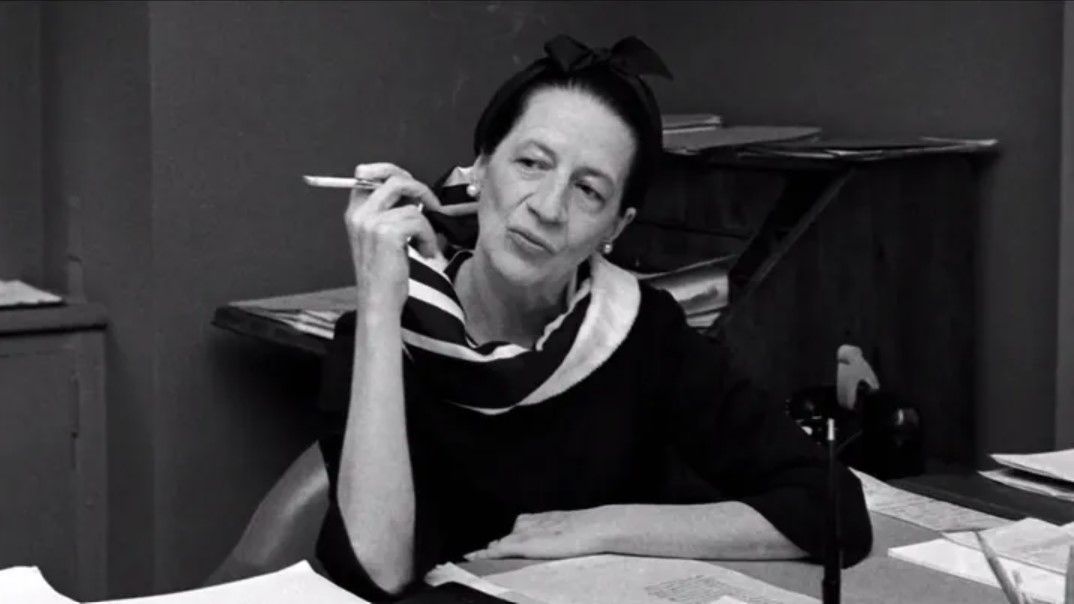Ugly | Beautiful
Regardless of your physical features, how often do you find yourself disliking your image in the mirror
By AA Patawaran
When Diana Vreeland, editor in chief at Vogue from 1963 to 1971, was a young girl, her mother told her, “It’s too bad that you have such a beautiful sister and that you are so extremely ugly and so terribly jealous of her."

Diana then moved on to rewrite history, overcoming her sense of ugliness by becoming first an authority and then an icon in an industry where “pretty” reigned, an industry now dominated by so many ugly ducklings-turned-beautiful swans—literally, figuratively, or both.
Like Iris Apfel, the interior designer, fashion designer, and businesswoman with a personality as big as her oversized glasses, who once told herself, “You are not pretty and you will never be pretty…”
Like Coco Chanel, whose name is as timeless as her trademark suits and little black dresses and her place in the lexicon of fashion, who once told her lover, the English polo player Boy Capel, “I am not pretty,” to which he replied, “Of course you are not pretty, but I have nothing more beautiful than you…”
Like Isabella Blow, the fashion powerhouse, art patron, and eccentric, who discovered former fashion model Sophie Dahl and fashion designer Alexander Mcqueen, who, in the many periods of self-loathing that ultimately led to suicide, once said, “It pains me to say so, but I’m ugly.”
But may I say that no one so beautiful is spared from feeling so ugly? How often do you feel this way, thinking about yourself or any part of you, whether looking at your reflection in the mirror or through your mind’s eye?
“I’m not a beautiful woman,” said Wallis Simpson, the Duchess of Windsor, both venerated and vilified in history for stealing Prince Edward from the British throne. “I’m nothing to look at, so the only thing I can do is dress better than anyone else.”
When Federico de Laurentiis, the son of Italian film producer Dino de Laurentiis, met Meryl Streep, he encouraged her to audition for the role of the damsel in distress in the movie King Kong, which was released in 1976 with Jessica Lange in the role she auditioned for. “I walked in and [he] was sitting there, and he was very excited that he brought in this new actress,” recalls Streep. “And the father said to his son in Italian—because I understand Italian—he said, ‘Que bruta? Why do you bring me this ugly thing?’”
The Eternal Sunshine of the Spotless Mind star Kate Winslet, also Rose to Jack in The Titanic, went through the same thing while she was studying drama at the Redroofs Theater School in Berkshire, England. “When I was 14, I was told by a drama teacher that I might do OK if I was happy to settle for the fat girl parts,” she recounts.
It’s not uncommon for beautiful women to feel ugly.
“I don’t believe that there is a beauty standard,” said award-winning American actress Brie Larson, Captain Marvel in one of her big-budget films. “I struggled with feeling ugly and like an outcast for so much of my life,” she said. “It took me a long time to be able to be totally comfortable with myself.”
Else de Wolfe, who later became known as Lady Mendl after she married, at 60, the British diplomat actor Sir Charles Mendl, also grappled with the idea of ugly/beautiful. “I was not ugly. I might never be anything for men to lose their heads about, but I need never again be ugly,” said actress and society figure revered as America’s first decorator. “This knowledge was like a song within me. Suddenly it all came together. If you were healthy, fit, and well-dressed, you could be attractive.”
Or you could be just yourself. Some people will find you beautiful, others won’t, but what’s really important is to always have an eye for the beauty in you or, if we must be harsh about it, if not beauty, as beauty is defined in this very shallow, superficial world, then something else worth loving.